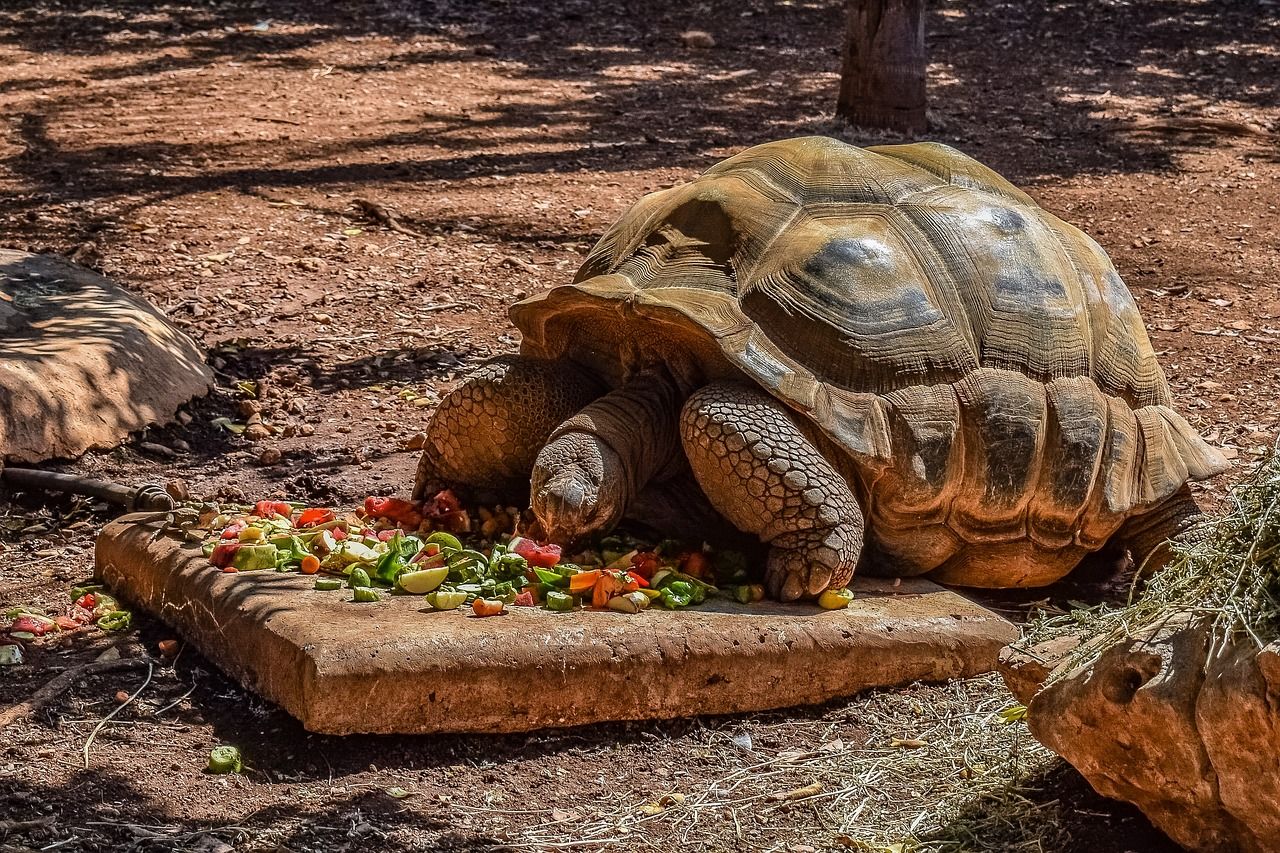Reptiles are fascinating pets, but their diet can vary greatly depending on the species. What does your reptile eat? In this guide, we’ll explore the diets of different reptiles—from snakes and lizards to turtles—and offer tips to keep your scaly friend healthy and happy.
Adopting a reptile can be a fascinating experience, but there’s one small detail you can’t overlook: their diet! Forget offering them the first thing you find in the kitchen; these fascinating friends have very specific tastes and a proper diet is essential for their health and well-being.
Understanding reptile diet
Reptiles are a diverse group of animals and their eating habits vary from species to species. There are carnivores, herbivores and omnivores in this scaly world. Snakes, for example, are pure carnivores and enjoy prey such as rodents, fish and amphibians. If you have a lizard, the variety is even greater: some are insectivores, enjoying crickets and cockroaches, while others are herbivores, feeding mainly on vegetables and fruit.

Snakes: The silent hunters
Snakes are natural predators and require a carnivorous diet. For those that feed on dead prey, it is advisable to offer food with tongs to prevent them associating your hand with the food. Species such as pythons and boas may require rodents, while water snakes may enjoy fish and small amphibians. Also remember that many snakes are nocturnal, so it is best to feed them in the late afternoon or early morning.
Lizards: Diversity on your plate
Lizards are a diverse group that includes insectivores, herbivores and omnivores. For example, geckos enjoy a diet that includes invertebrates, nectar and fruit, while pogonia and scincids are omnivores, capable of eating both plants and small insects. Green iguanas, on the other hand, are strictly herbivores, so be sure to provide them with a variety of fresh vegetables to keep them healthy.To complement their care, choosing the right substrate is key. Zilla Bark Blend Premium Reptile Bedding is ideal for burrowing species as it maintains humidity and warmth in the terrarium, while Zoo Med Premium Reptile Bark is perfect for reptiles that require high humidity, such as chameleons and iguanas, ensuring a clean and natural environment.
Turtles: carnivores and herbivores
Water turtles generally start out as carnivores, but become omnivores as they grow older. Tortoises, on the other hand, are mostly herbivores, enjoying flowers, vegetables and fruit. Although they may sometimes include small amounts of animal protein in their diet, it is important that fresh and varied vegetables form the basis of their diet.

The importance of temperature
An important aspect that is often overlooked is the relationship between ambient temperature and a reptile’s appetite. Reptiles are ectothermic, which means they rely on external heat to regulate their internal temperature. In a cold environment, their metabolism slows down, which can reduce their need for food. Therefore, if your reptile seems less interested in eating, check the conditions of its habitat and adjust the temperature if necessary.
Dietary supplements: The finishing touch
To make sure your reptile is getting all the nutrients it needs, it is often advisable to add supplements to its diet. Vitamins and minerals are essential, especially for those that don’t spend much time in direct sunlight. If you choose to feed live prey, you can inject supplements into the prey or make sure it is fortified before offering it to your reptile.
Foods to avoid
While there are many foods that are beneficial to your reptile, there are also some that should be avoided. For example, certain vegetables such as azaleas and narcissi are extremely toxic. Always do your research and consult a reptile vet to make sure your scaly friend is getting the best.

Caring for a reptile is a commitment that goes beyond providing affection; it is also about providing a well-planned and balanced diet. By understanding the specific needs of your species and tailoring their diet accordingly, you will ensure not only their health, but also their happiness. So get ready to enjoy the experience of watching your reptile enjoy its favorite foods and thrive in your home!
Popular Post
Can fish recognise their owners?
What does your reptile eat?
How can you train your
Archives
Email for newsletter
644 E Main St Alhambra, CA 91801
info@charlyspetworld.com
+1 626-289-4393










